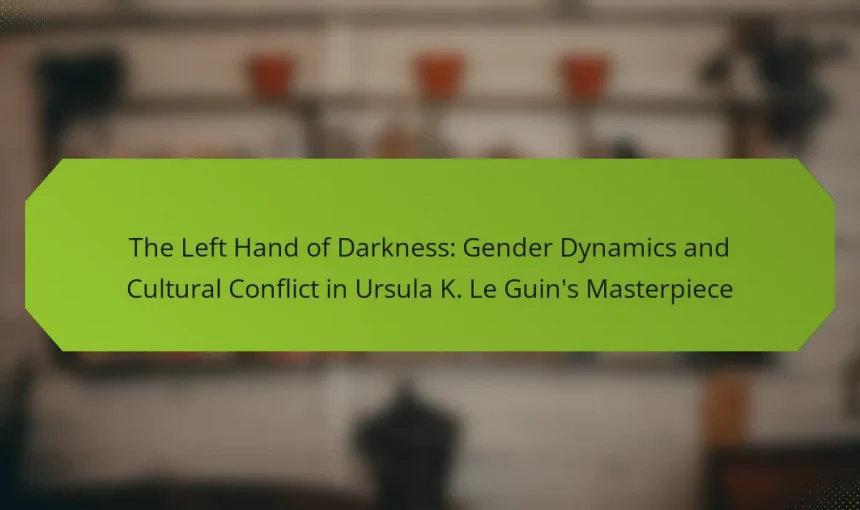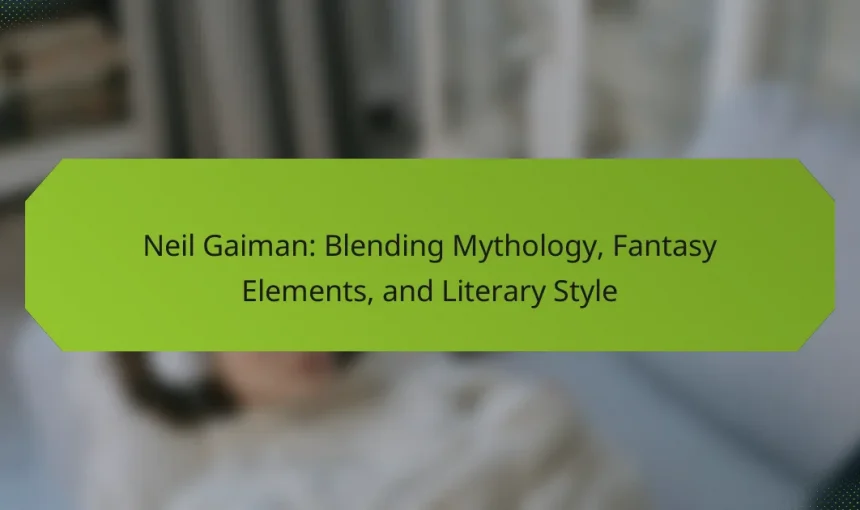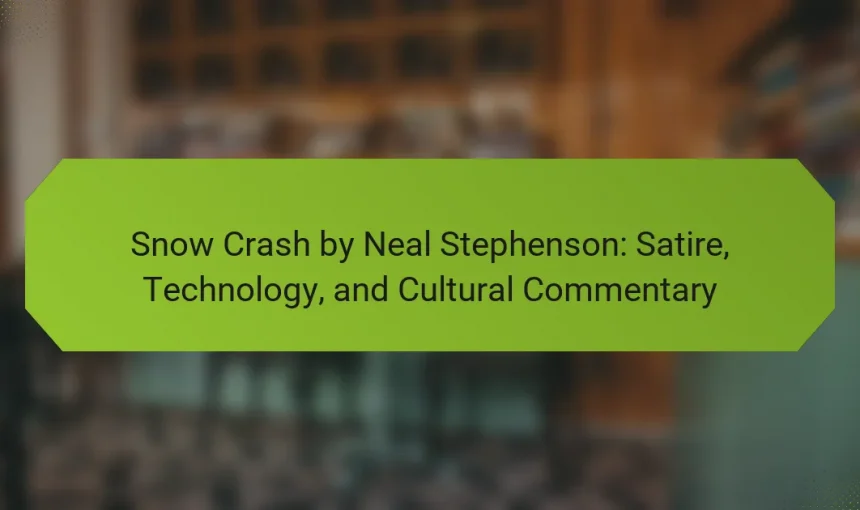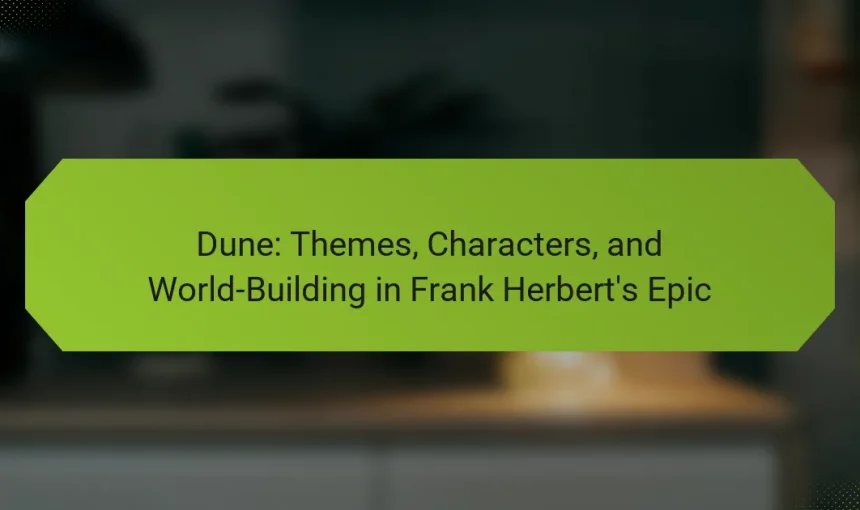Ursula K. Le Guin’s “The Left Hand of Darkness” challenges traditional gender norms through the androgynous Gethenians and their fluid identities. The novel explores cultural conflicts arising from these dynamics and the political struggles between Gethen’s nations. Key themes include the complexity of identity, the impact of societal expectations, and the implications of cultural relativism. […]
Neil Gaiman captivates readers by blending mythology and fantasy elements in his narratives. He draws from diverse mythologies, creating interconnected stories that resonate with modern themes. Gaiman’s unique literary style combines poetic language and metafictional techniques, enhancing character depth and inviting readers to question reality. Cultural contexts shape the reception of his works, fostering diverse […]
Snow Crash by Neal Stephenson critiques consumerism, media influence, and corporate control in a hyper-commercialised society. The novel explores the impact of technology on identity through the Metaverse and highlights the dangers of miscommunication. It also examines cultural commodification and the erosion of genuine human connections. Additionally, the characters embody themes of resistance and the […]
Frank Herbert’s Dune offers insights into power dynamics, ecological issues, and human potential. The article explores key themes such as resource scarcity and leadership, analyzes pivotal characters like Paul Atreides and Lady Jessica, and examines the intricate world-building of Arrakis. Additionally, it highlights the novel’s relevance to contemporary societal challenges, including environmentalism and social justice. […]



